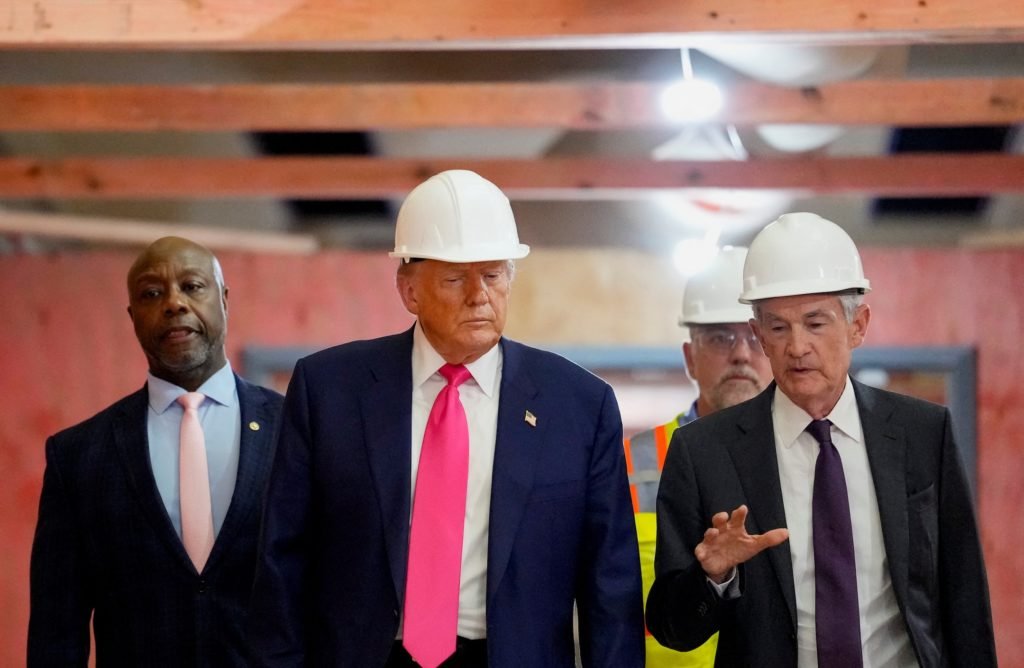Julia Coronado:
No. No, we don’t agree with him, because, again, those longer-term interest rates are a function not just of what the Fed is doing today, but how much we trust the Fed to keep those forces under control over a longer horizon.
So the more politicized the Fed becomes and responsive to political pressure, again, you could actually see the reverse of what the president wants to see, where the Fed cuts interest rates, but longer-term interest rates go higher because people expect more inflation down the road.
So it’s not a simple, you can just lower interest rates and borrowing costs. It really depends on the credibility of the monetary management framework. It’s something that we have learned hard, hard lessons about through our history. And one of those lessons came in the ’70s, and then that required double-digit interest rates to control inflation to bring it down in the early ’80s, deep recession.
That is not where we want to be. And so it’s better to take a little pain in the near term to keep that inflation under control so that the economy is able to navigate on stable ground over a longer horizon. And many administrations have given the Fed that independence over the last 40 years.
And now we’re dancing close to the edge of losing that independence and the credibility that comes with it.




